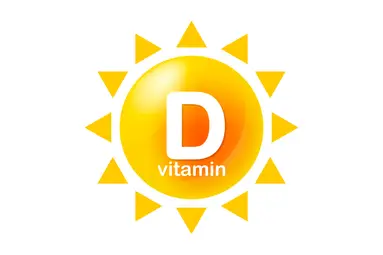10 Fruits rich in Vitamin K

10 Fruits rich in Vitamin K
Posted on 16th Feb, 2023
Vitamin K is a fat-soluble vitamin that plays an essential role in blood clotting and bone health. There are two main forms of vitamin K: vitamin K1 (phylloquinone) and vitamin K2 (menaquinones). Vitamin K1 is found in leafy green vegetables, while vitamin K2 is found in animal products and fermented foods. Some fruits are also rich in vitamin K1. It is important to get enough vitamin K in your diet because a deficiency can lead to a bleeding disorder called vitamin K deficiency bleeding (VKDB), which can be particularly dangerous in new-borns. Additionally, low intake of vitamin K is associated with an increased risk of bone fractures.
It is worth mentioning that if you take blood-thinning medications or have any other medical conditions that make you more susceptible to bleeding, you should talk to your doctor about how much vitamin K you should consume, as too much vitamin K can interact with these medications and affect their effectiveness.
Here are 10 fruits rich in Vitamin K: -
Kiwi
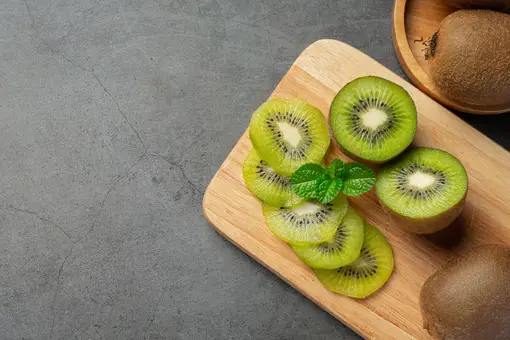
One kiwi fruit contains about 29 mcg of Vitamin K, which is about 36% of the recommended daily intake. Kiwi is also a good source of vitamin C and potassium.
Blueberries
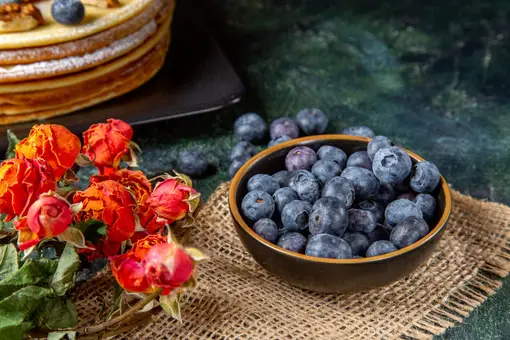
A cup of blueberries contains about 9 mcg of Vitamin K, which is about 11% of the recommended daily intake. Blueberries are also high in antioxidants and are known to have anti-inflammatory properties.
Raspberries
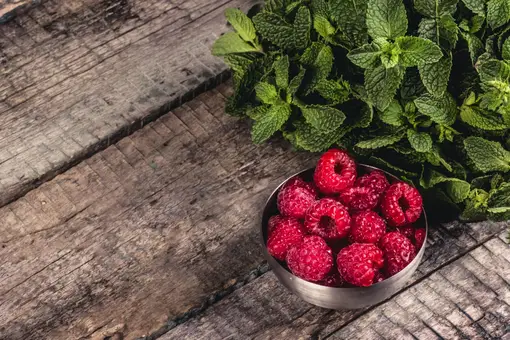
A cup of raspberries contains about 5 mcg of Vitamin K, which is about 6% of the recommended daily intake. Raspberries are also high in antioxidants and are known to have anti-inflammatory properties.
Blackberries
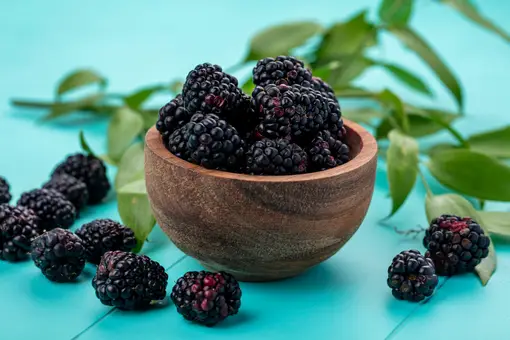
A cup of blackberries contains about 5 mcg of Vitamin K, which is about 6% of the recommended daily intake. Blackberries are also high in antioxidants and are known to have anti-inflammatory properties.
Strawberries
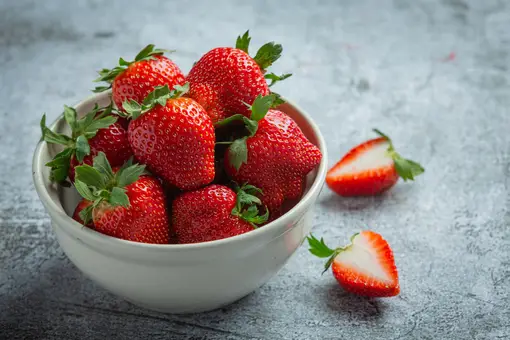
A cup of strawberries contains about 6 mcg of Vitamin K, which is about 8% of the recommended daily intake. Strawberries are also high in vitamin C and manganese.
Cranberries
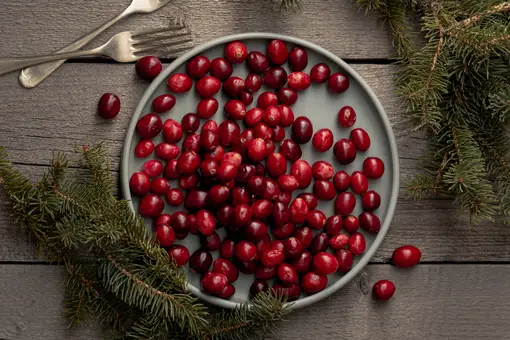
A cup of cranberries contains about 5 micrograms of Vitamin K. Cranberries are also a good source of Vitamin C, Vitamin E, and Vitamin K.
Pineapple
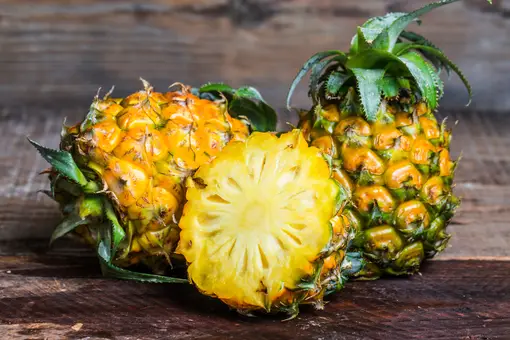
One cup of pineapple chunks contains about 2.5 micrograms of Vitamin K. Pineapples also provide plenty of Vitamin C as well as Vitamin B1
Papaya
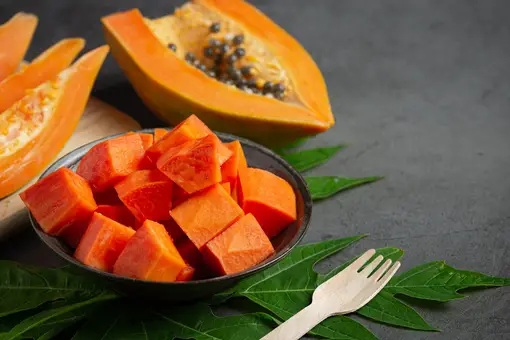
One cup of papaya contains about 2.5 micrograms of Vitamin K. It is also a good source of Vitamin A and Vitamin C.
Melon

One cup of diced melon contains about 2 micrograms of Vitamin K. Melons are also high in Vitamin A and Vitamin C.
Plum
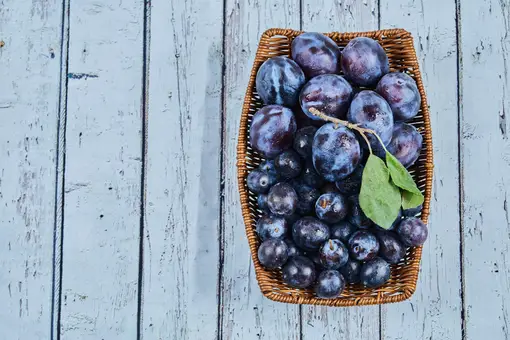
One medium-sized plum contains about 1.5 micrograms of Vitamin K. They are also a good source of Vitamin C and Vitamin A. Note: These are approximate values and may vary based on the variety, ripeness and size of the fruit.
Dosage
The recommended daily dosage of vitamin K can vary depending on age, sex, and specific health conditions.
For healthy adults, the recommended daily intake of vitamin K is 90-120 micrograms per day.
The recommended daily intake for infants and children is as follows:
- 0-6 months: 2.0 micrograms/day
- 7-12 months: 2.5 micrograms/day
- 1-3 years: 30 micrograms/day
- 4-8 years: 55 micrograms/day
- 9-13 years: 60 micrograms/day
It's important to note that individuals with certain health conditions, such as liver disease or those taking blood-thinning medications, may require a different dosage. Always consult with a healthcare provider before taking any supplements or adjusting your dosage.
Side Effects
Vitamin K is generally safe when taken in recommended doses. However, high doses of vitamin K supplements can cause some side effects. Some of the common side effects of vitamin K include:
- Nausea and vomiting: High doses of vitamin K can cause gastrointestinal distress, including nausea and vomiting.
- Diarrhea: Excessive intake of vitamin K can cause diarrhea in some people.
- Skin irritation: Rarely, vitamin K supplements can cause skin irritation or rash.
- Interactions with medications: Vitamin K supplements can interact with certain medications, such as blood thinners, which can increase the risk of bleeding.
It is important to talk to a healthcare provider before taking vitamin K supplements, especially if you are taking any medications or have a medical condition. Your healthcare provider can help you determine the appropriate dose and monitor for any potential side effects.

Health articles from our experts

Signs & Symptoms Of Vitamin D Deficiency In India
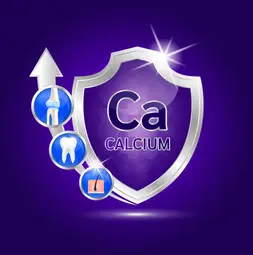
Signs & Symptoms Of Calcium Deficiency

10 Sources Of Vitamin D For Vegetarians
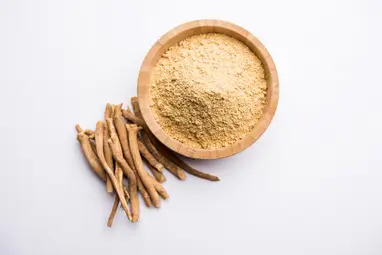
Top 10 Benefits of Ashwagandha Leaves
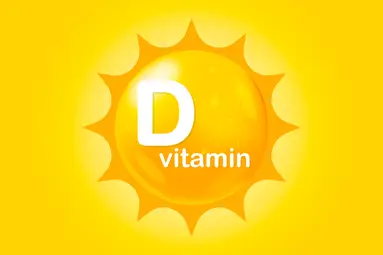
Top 5 Vitamin D Fruits and Vegetables You Should Know

Neurological symptoms of Vitamin D deficiency

10 Fruits rich in Vitamin K
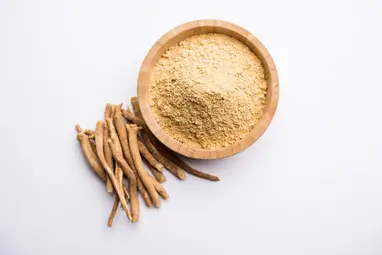
Benefits of Ashwagandha for Men
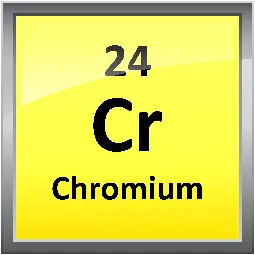
Signs and Symptoms of a Chromium deficiency
